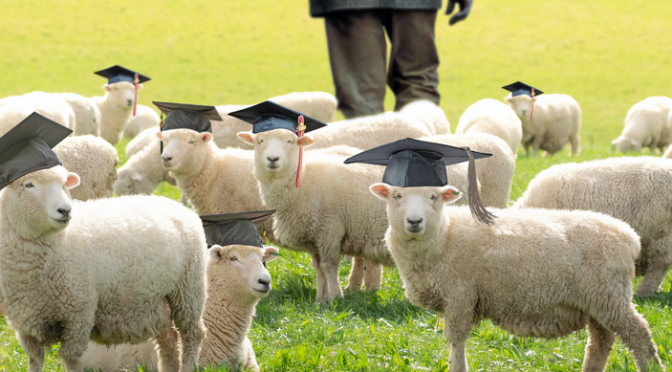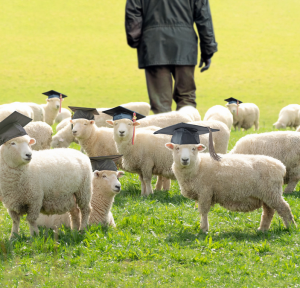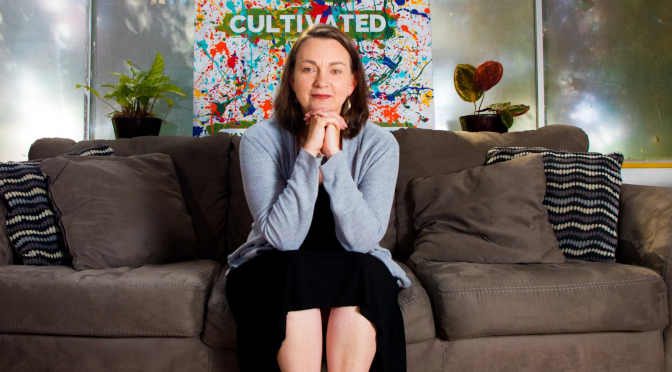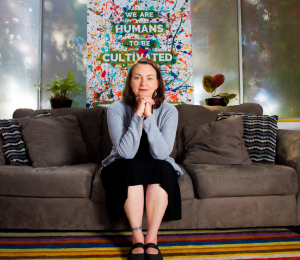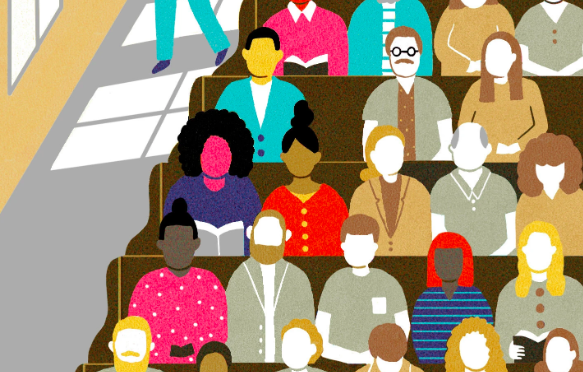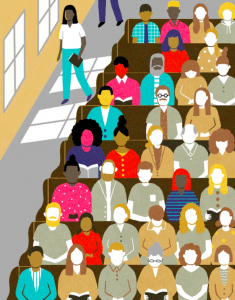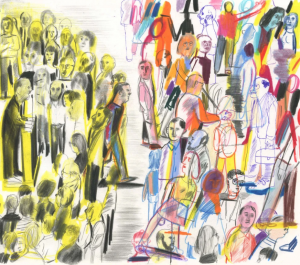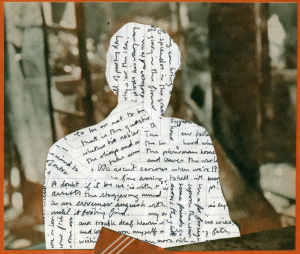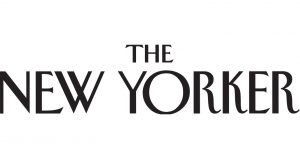Chapel Hill, N.C. — One Saturday morning this fall, I walked into Chapel Hill Bible Church, an unpretentious complex of brick buildings near the highway. Inside, a conference space bustled with 50 people sitting at round tables. The crowd skewed millennial, mostly (but not entirely) white. I sat next to a hip-looking bearded man wearing a hoodie, who told me he was a nurse at a nearby hospital. My other tablemates included a cybersecurity expert, a doctoral student in speech pathology and an occupational therapist working in public schools.
They had come to talk about how they integrate religious faith with what they do for a living — how the lessons and community of Sunday worship can become “a church for Monday,” in the phrase of the conference organizer, Made to Flourish, a Christian ministry based in Overland Park, Kan., which works with churches in all 50 states. The people at my table already knew one another through a local Christian program called Triangle Fellows, which calls itself “an immersive discipleship and leadership development program for young professionals.”
In today’s evangelicalism, this is where the theological action is: the faith and work movement, the intersection of Christianity with the demands of the workplace and the broader economy — in a society that is one of the world’s wealthiest, yet persistently inhumane. In politics, responses to the American economy’s moral crisis usually split along the lines of the culture war. President Trump, still the darling of white evangelical voters, has hardly wavered from the Christian right’s tradition of faith in a lightly regulated market and weak social safety nets.
The evangelical faith and work movement used to be merely another trumpet for this peculiarly American political gospel. But in recent years the movement has become much more ideologically diverse — and far more interesting. Participants are moving beyond the idolatry of the free market to a conversation about economic justice that doesn’t align so neatly with culture war clichés or party platforms.
Image credit: Jan Buchczik




